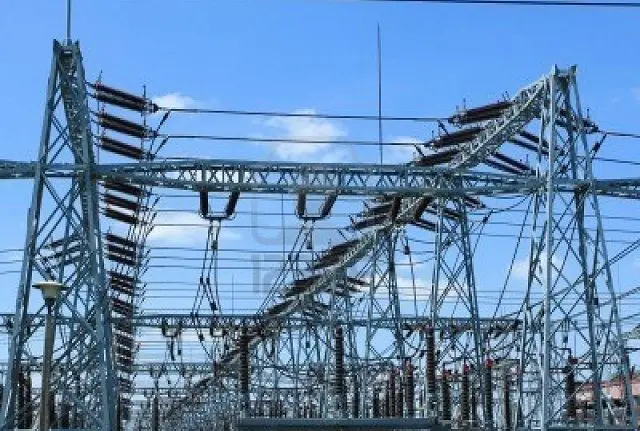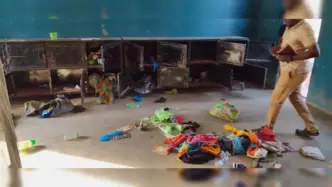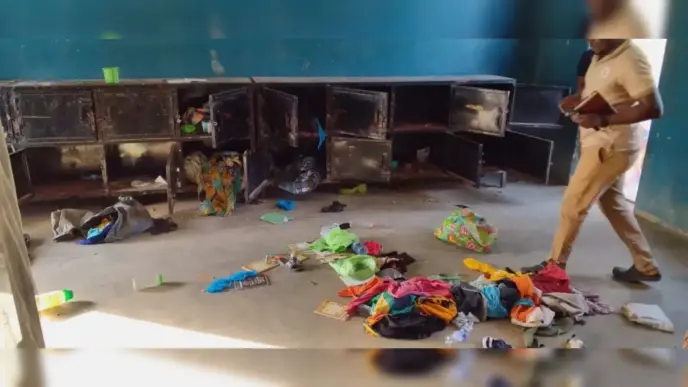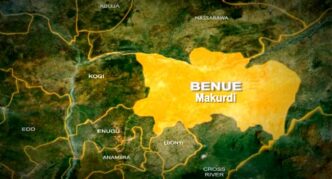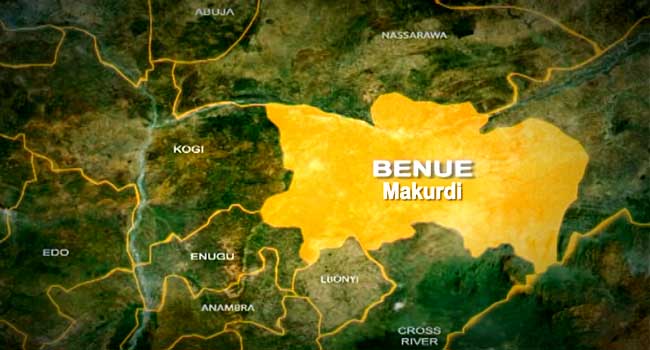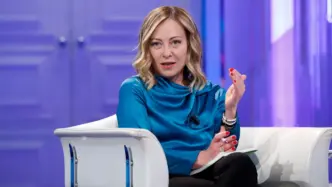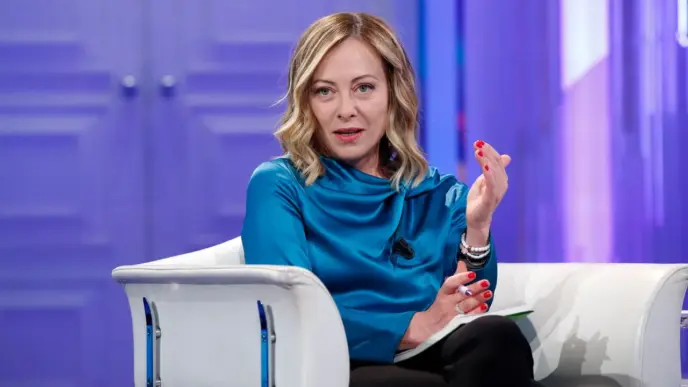Lenders and power sector stakeholders have warned that the heavy legacy debts owed by Electricity Distribution Companies (DisCos), along with unclear regulatory structures, are major obstacles to financing and delivering new grid-connected power projects in Nigeria.
At the Lagos Chamber of Commerce and Industry (LCCI) Power Conference in Lagos, Jumoke Ayo-Famisa, Senior Vice President at Stanbic IBTC Infrastructure Fund, spoke about the cautious stance lenders adopt when assessing proposals for embedded or grid-scale power plants.
She stressed that clarity around off-takers and contract arrangements is fundamental to any financing decision.
Ayo-Famisa explained that when a developer presents an embedded power project, the immediate question revolves around who the off-taker will be and the nature of the agreement.
Using Lagos as an example, she noted that knowing whether the contract lies with Eko Electricity or Excel Distribution Company Limited is crucial.
Ayo-Famisa added that lenders also scrutinise whether developers are only generating power or handling distribution and revenue collection, as the latter raises concerns about how cash will be managed.
Issues such as whether collections will be mixed with broader DisCo finances or ring-fenced, and how the cash flow waterfall is structured, remain pivotal.
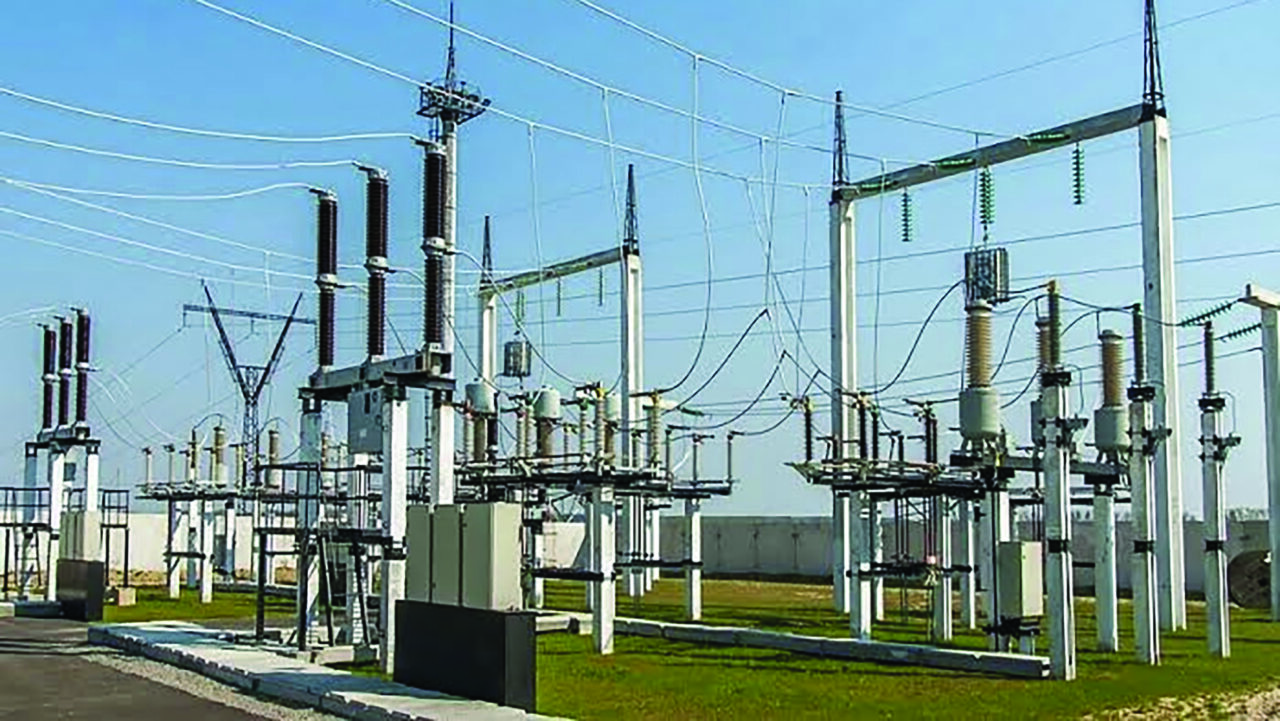
![]()
Ayo-Famisa emphasised that the financial burden carried by legacy DisCos is a major deterrent for incoming financiers, who are wary of exposing their investments to entities with significant debt.
She also highlighted ongoing tariff uncertainty, pointing out that states differ in their approach to subsidies and tariff adjustments.
For lenders, understanding who ultimately bears responsibility for tariffs, whether changes can be made, and how costs are passed on is essential.
She questioned how a developer’s power would be treated once fed into the grid, especially given the complexities of Band A and Band B tariff classifications.
Echoing these concerns, Wola Joseph Condotti, Group Managing Director and CEO of West Power & Gas Limited, described decentralisation in the power sector as both beneficial and challenging.
She noted that while state-level control allows tariffs to better reflect local conditions—avoiding mismatches such as applying Lagos-level tariffs in states like Zamfara—it also exposes capacity gaps.
Condotti remarked that out of the 11 original DisCos, only three or four remain fully functional, whereas generation companies appear to be faring better.
She also pointed to regulatory overlaps as an emerging complication, particularly when projects span multiple states.
A company generating power in Ogun State and supplying Lagos, for instance, would fall under the oversight of the national regulator, NERC, yet state regulators in both jurisdictions may still seek compliance with their standards, creating confusion for investors.
The general view shared by financiers and industry leaders is that Nigeria must resolve the issue of legacy DisCo debt, enhance contract transparency, and streamline regulatory responsibilities to attract private capital into the power sector.
With demand for stable electricity rising and the need for expanded infrastructure becoming more urgent, the sector’s ability to navigate these financial and regulatory hurdles will ultimately shape the rollout of future grid-connected power projects.


 Trending
Trending 
